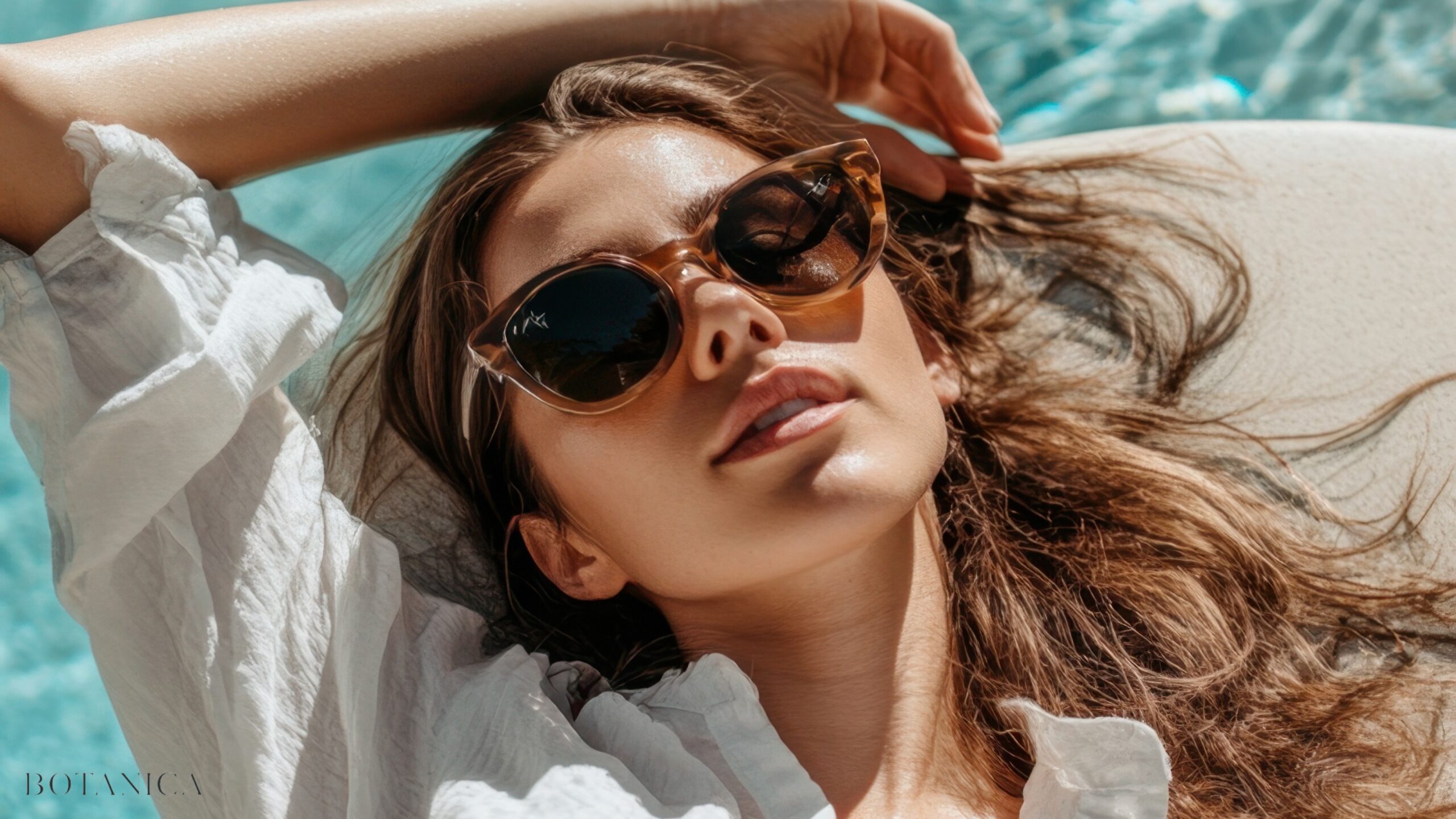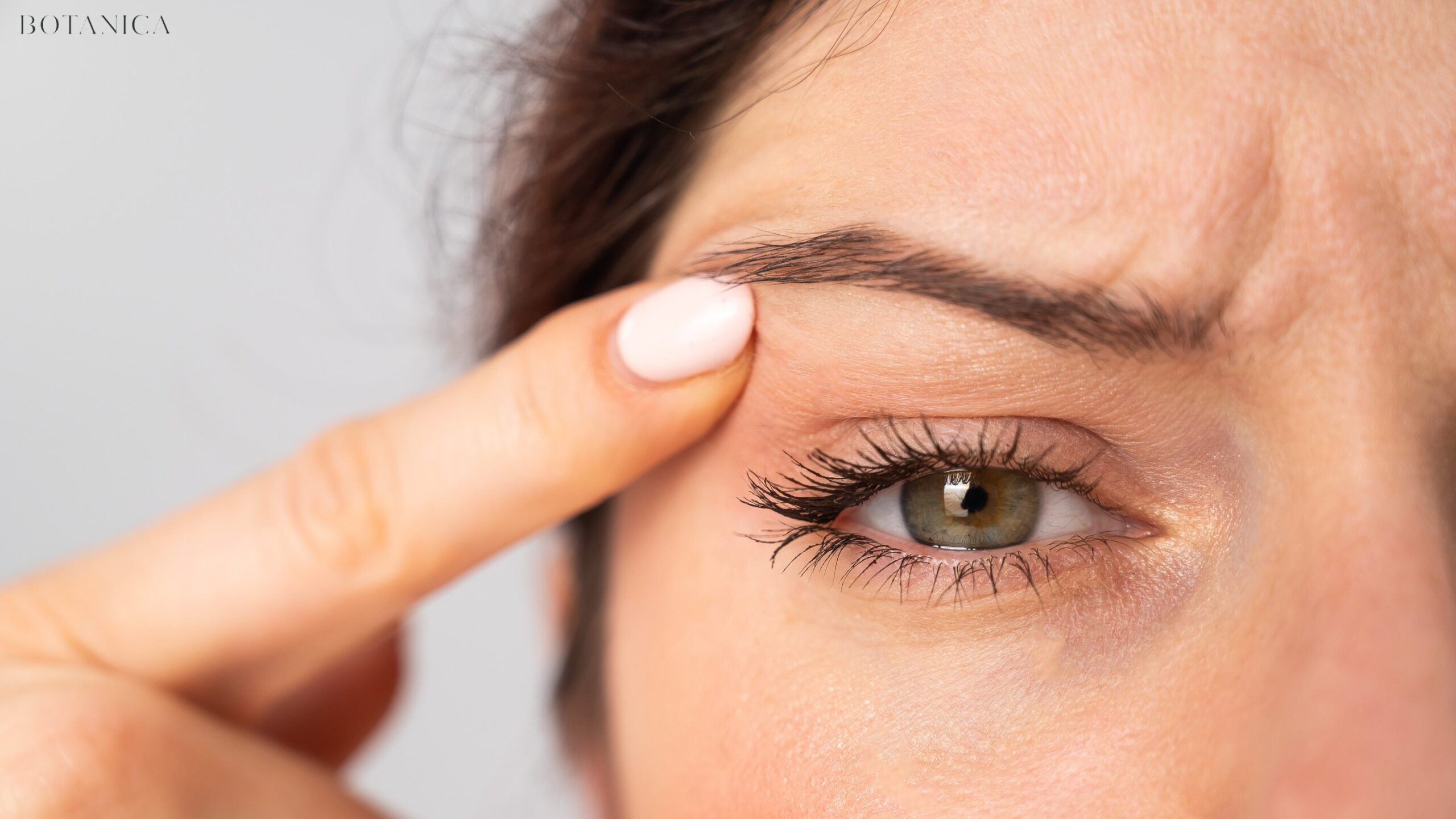
Do You Need to Wear Sunscreen on Your Scalp?
Like the skin on your face, your scalp needs sun protection. That’s why using scalp sunscreen should be a regular part of your skincare regimen. But, of course, incorporating it into your daily routine may not be as straightforward as, say, your standard sunblock. For instance, you may be wondering what the best type of scalp sunscreen is and how you even apply SPF on your scalp in the first place. So to learn more, we’re going to fill you in on everything you need to know about scalp sunscreen.
Can Your Scalp Become Sunburned?
The short answer? A resounding yes. The skin on your scalp is just as susceptible to burning as skin elsewhere on the body. Any part of your exposed skin can become sunburnt. Scalps can get very severe sunburns. Areas especially vulnerable to sunburns are areas with less dense hair coverage, the back of the scalp/neck, and the juncture between the forehead and scalp. Scalp sunburns are especially common in people who have red hair and freckles, who have autoimmune diseases such as lupus, who are taking certain medications (e.g., St John’s Wort, certain high blood pressure medications, or particular antibiotics), and who have various forms of hair loss.
Is Your Scalp At Risk for Skin Cancer?
Skin cancers on the exposed parts of the scalp are common.”80% of annual skin cancers occur on the head and neck—that includes exposed areas on the scalp (hairline and part line). Most skin cancers are caused by chronic sun exposure and the resulting DNA mutations. These can present as scaly, sore, or non-healing spots. For many people without hair with long and repeated sun exposure, skin cancers are often much more likely on the scalp than the rest of the body. It’s important to warn that melanomas detected on the scalp are more deadly than those detected on other parts of the body.
What makes scalp skin cancers so dangerous is that they are often overlooked, both in self-exams and even at the dermatologist’s office. Regarding the former, many people often forget that the skin on their scalp is exposed to the sun and/or skip the area because it is a challenging place to self-examine. Dermatologists should conduct thorough skin exams; however, this isn’t always the case. Far too many take a twirl-and-look approach versus actually taking the time to examine your skin and scalp properly with a dermatoscope. A dermatoscope is a hand-held microscope with double magnification and polarized lighting that allows us to look at your skin more clearly. You’d be shocked to hear that only 50% of dermatologists use this.
Hairdressers are derm’s greatest allies when it comes to scalp skin cancers. Studies show that educating hairdressers can be lifesaving. The Skin Cancer Foundation actually started an educational program called ‘Heads Up!’ to provide dermatology education to beauty professionals, including hairstylists. You could ask your hairstylist or a friend to examine your scalp while they style your hair, and have them point out anything that appears suspicious. You can then follow up with a visit to your dermatologist.
Do You Need to Wear Sunscreen on Your Scalp?
Yes, you need to wear a good sunscreen on your scalp if you will be outdoors for a long time. While your hair provides coverage to protect your scalp, the parts of your scalp that are exposed, like your hairline and part line, are at an increased risk of developing cancer, so wearing sun protection is critical. Covering babies’ and kids’ scalps is especially important because their hair is fine and their skin is vulnerable. Additionally, individuals with thin hair are more likely to experience burning due to the lack of protection their hair provides.
A full head of hair can somewhat block the sun’s rays from directly hitting the scalp, but UV radiation is powerful and often finds a way on there. Studies have shown that the color of hair does not make a huge difference, but the thickness and caliber of the hair might. It’s still important for individuals with thick hair to have their scalp checked during skin exams, as melanoma isn’t always directly linked to sun exposure.
How to Apply Sunscreen on Your Scalp
It’s recommended to apply a dedicated scalp sunscreen to your hairline and part line. It only needs to be applied to the whole scalp if your hair is thin or you have bald patches. The best SPF is the one you’re going to use, and most people are not inclined to use a cream or lotion on their head. This is why powdered sunscreens offer great protection for the scalp and act like a dry shampoo, leaving no greasy residue in the hair, making it a great option.
Another great alternative if you don’t like the powder formulas are scalp sprays like Coola’s Scalp & Hair Mist. You can spray this on your hairline, part line, and all over your hair without leaving behind a greasy residue. Those with little hair and those at high risk for skin cancers use zinc- or titanium-based face or body sunscreen on their scalp.
Another Tip
Not keen on applying sunscreen to your scalp? Hats are a great alternative, provided they offer adequate “UPF” or “Ultraviolet Protection Factor.” A wide-brimmed hat is the best form of sun protection.
The Takeaway
Scalp skin is especially vulnerable to sunburns and dangerous forms of melanoma, so applying sunscreen to your scalp is an absolute must. While traditional sunscreen lotions and creams may be unpleasant to apply, there are mist and powder formulations that are designed for use on the hairline and part line.



Leave a Reply